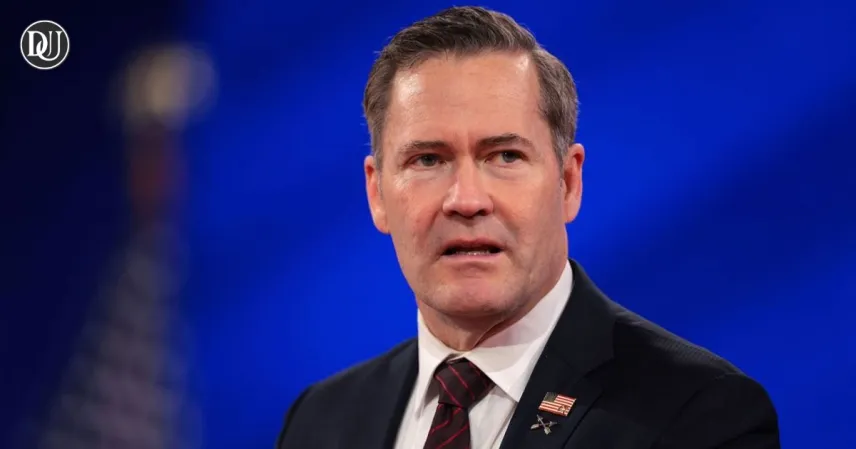In a dramatic shake-up within the Trump administration, National Security Adviser Mike Waltz and his deputy Alex Wong have resigned following the fallout of a serious internal security breach, now being called 'Signalgate'. The incident marks the first major resignation of President Trump’s second term, putting Mike Waltz at the center of a national conversation on digital security and administrative accountability.
What is 'Signalgate'? A Costly Mistake by Mike Waltz
The controversy erupted when Mike Waltz mistakenly added journalist Jeffrey Goldberg, editor-in-chief of The Atlantic, to a Signal group chat reserved for top national security officials. This chat involved confidential discussions about military operations, including plans against Houthi rebels in Yemen. The leak exposed not just sensitive data, but also the vulnerability in internal communications—ultimately leading to Mike Waltz's downfall.
The Mistake That Shook Washington: How Mike Waltz Triggered the Leak
According to internal sources, Mike Waltz saved Goldberg's contact under an incorrect name and failed to verify before adding him to the group. This seemingly small oversight led to the exposure of critical defense and intelligence strategies. The incident quickly escalated, placing Mike Waltz under intense scrutiny from both the intelligence community and political commentators.
Fallout and Resignations: Mike Waltz Takes the Fall
The resignations of Mike Waltz and Alex Wong were confirmed on May 1, 2025. While the White House has refrained from making a detailed public statement, insiders say the decision was made to protect the integrity of the National Security Council. Mike Waltz, once seen as a rising star in Trump’s second-term inner circle, became the face of administrative lapse.
Public and Political Reactions: Mixed Views on Mike Waltz’s Departure
The resignation of Mike Waltz has sparked mixed reactions. Some argue it was a necessary act of accountability, while others defend Mike Waltz as a capable leader who made a regrettable but honest mistake. Nevertheless, the incident has severely impacted public trust in how the administration handles classified information, and Mike Waltz’s legacy will now be inseparable from 'Signalgate'.
Leadership Void: Who Will Replace Mike Waltz?
As the administration scrambles to fill the critical vacancy left by Mike Waltz, names are circulating for who might take on the demanding role of National Security Adviser. Whoever succeeds Mike Waltz will not only inherit a high-pressure position but also the responsibility of restoring order and confidence within the security establishment.
Lessons from the Incident: Mike Waltz’s Exit as a Wake-Up Call
The story of Mike Waltz serves as a modern lesson in digital vulnerability at the highest levels of power. Despite years of experience and a decorated background, Mike Waltz was undone by a single digital error. His resignation is a reminder that secure communication and stringent protocols are non-negotiable in matters of national security.
Conclusion: Mike Waltz’s Departure Leaves a Lasting Impact
As Mike Waltz exits the White House, he leaves behind a mixed legacy—marked by competence, controversy, and a costly mistake. His story is now a case study in the importance of digital discipline in government. Whether the administration can recover from this moment depends on how well it learns from Mike Waltz's misstep and fortifies its future systems.










